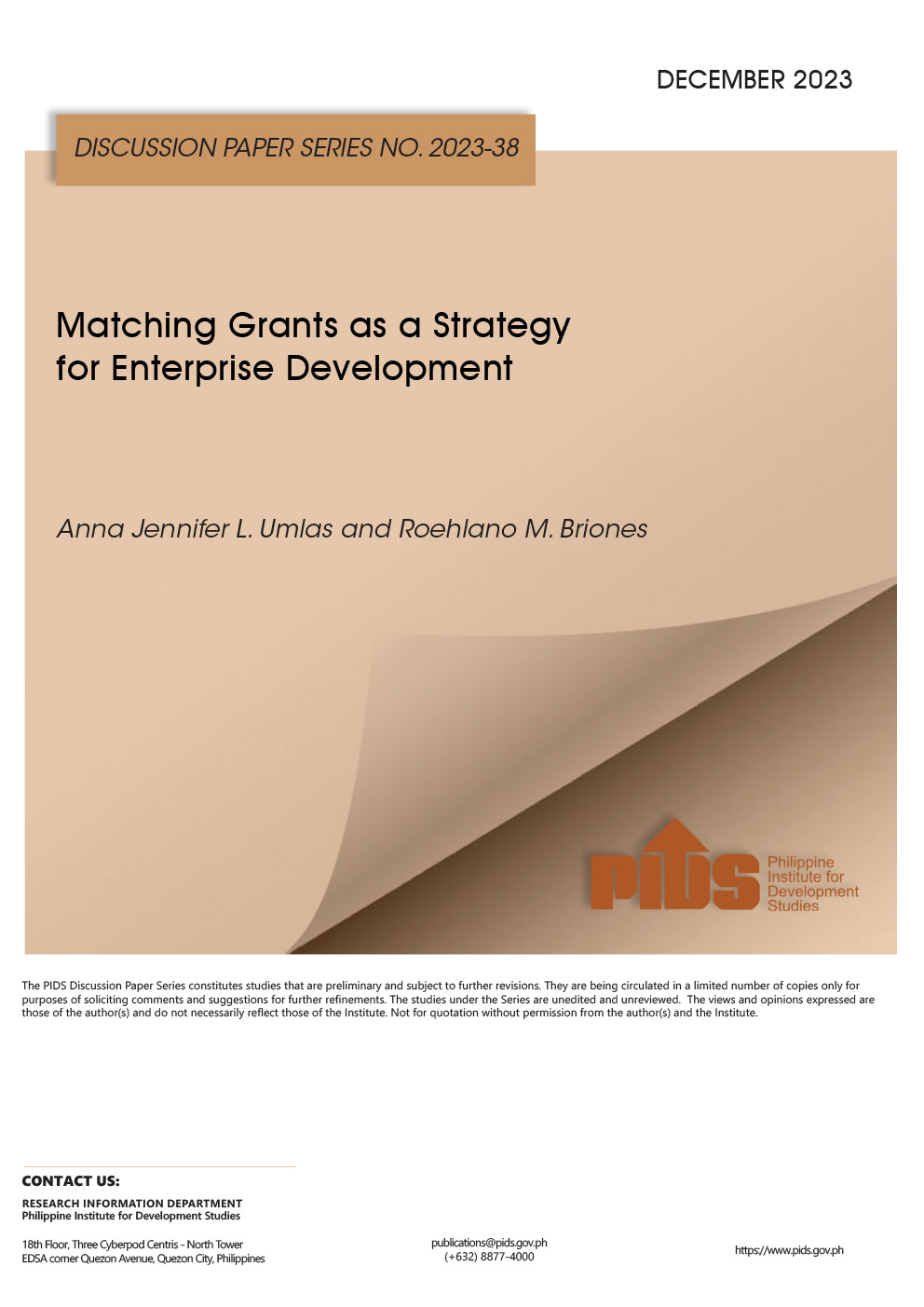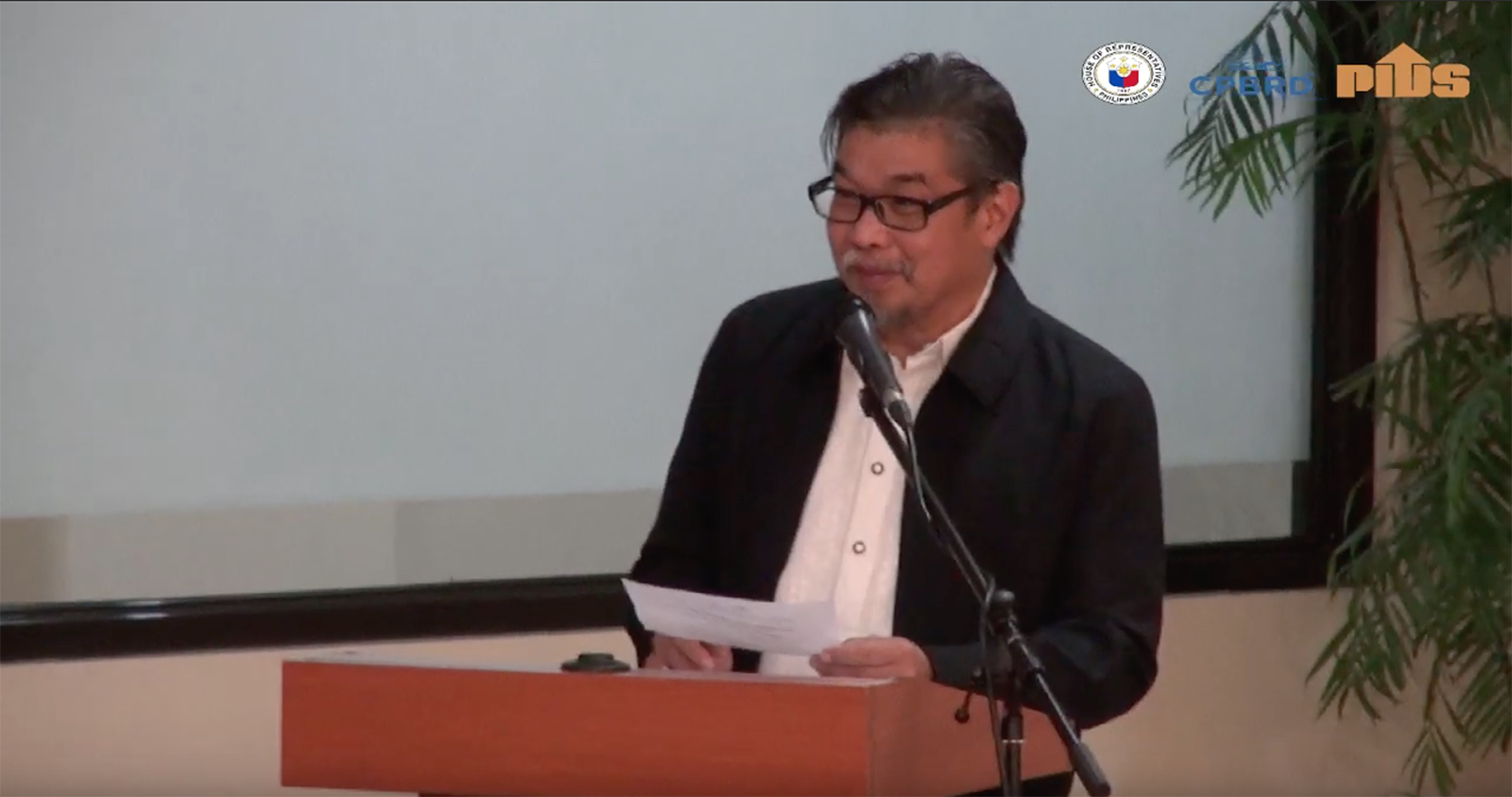AS the year of high inflation comes to a close, Filipinos may not be able to see price increases slow down next year, especially with the recent decision of India to extend its rice export ban to 2024.
Rice, the country’s food staple, could remain expensive next year given the ban on exports of the commodities.
The ban imposed by India could make the international prices of rice elevated, at least by the middle of 2024.
Philippine Institute for Development Studies (PIDS) Senior Research Fellow Roehlano Briones said, however, that this is not considered a major shock since current prices have already incorporated this.
“This was expected owing to the timing of their election. The high price limits imports which domestic production has been unable to compensate for. Rice prices will remain elevated and temporarily boost inflation,” Briones told BusinessMirror on Monday.
“Nothing much to do except perhaps [provide] targeted food safety net for the poor such as food stamp. In the long run, pursue productivity growth in rice industry,” he added.
Monetary Board Member Bruce J. Tolentino noted that the elections in India is within the April-May period in 2024. He expects that once the election blows over, the ban could be lifted and international rice prices could ease.
Tolentino said, however, that the ban is not a total ban. He said the Government of India decided to honor its existing contracts. This includes government-to-government discussions that it has had with its partners.
The Philippines is one of those who will benefit from this arrangement. Tolentino, therefore said, it remains imperative for the country to “keep and even deepen diplomatic discussions with India to ensure continued supplies.”
This should cushion the impact of expensive imported rice from hurting Filipino consumers too much in 2024. Tolentino also said the “very good harvest” will also mute the impact of high rice prices due to the ban.
“Global as well as domestic price levels for food as well as non-food items are always a factor to be monitored and considered [by the Monetary Board]. If India continues the general ban on rice exports, that will keep global prices elevated,” Tolentino told BusinessMirror on Monday.
Rice has a weight of 8.87 percent in the Consumer Price Index (CPI) for All Income Households and as much as 17.87 percent in the basket of goods for the Bottom 30 percent of households.
In October, amid the slowdown in inflation to 4.9 percent, rice prices increased 13.2 percent for the All Income Households. Rice inflation for the Bottom 30 percent of households was higher at 14.8 percent.
Bloomberg reported that India is expected to extend its export ban for rice to 2024. This is expected to keep grain prices elevated “to its highest price levels since the food crisis of 2008.”
However, Prime Minister Narendra Modi, who will seek reelection next year, has repeatedly tightened restrictions on shipments in a bid to curb domestic price rises and shield Indian consumers (Full story: https://businessmirror.com.ph/2023/11/20/india-seen-keeping-rice-export-bans-into-2024-holding-up-global-prices/).












